Ministers are considering yet more changes for Italy’s building ‘superbonus 110‘, as the allocated budget for the incentive has already been exceeded, while many renovation projects continue to face delays.
According to the latest data from ENEA (Italy’s national agency for new technologies, energy and sustainable economic development), the approximately €33.3 billion that was earmarked for the scheme until 2025 has already gone over by some €400 million.
That makes a total of €33.7 million in claims up until May 31st, 2022.
This means that, not only have the superbonus funds run out, they have also been claimed in excess, potentially meaning that the government could ask for the money back.
In the two years since it was introduced, the building discount scheme has given homeowners the chance to claim a tax deduction of up to 110 percent of the cost of renovation work.
READ ALSO: Nine things we’ve learned about claiming Italy’s building ‘superbonus’
Building jobs covered by the bonus are related to making energy-efficiency upgrades and reducing seismic risk, with the aim of kickstarting Italy’s post-pandemic economic recovery and its construction sector.
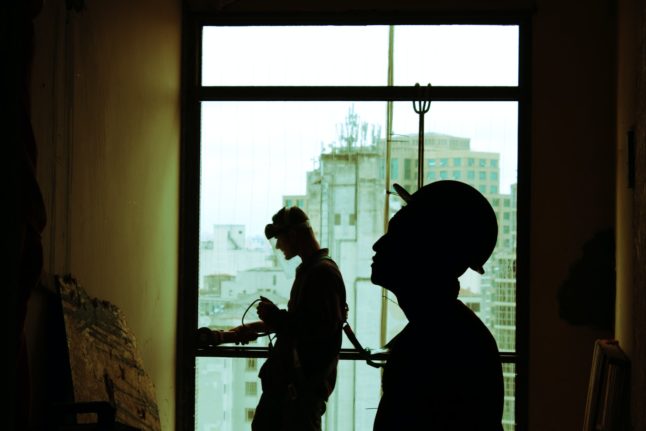
But the scheme has been beset with delays due to its popularity, as well as supply chain issues, fraudulent claims, multiple changes to the rules and regulations and a block to the credit transfer system – that is, the way people access the government funds to pay for the building work.
These setbacks have caused some homeowners to abandon their plans altogether, or have left many in the middle of works concerned about whether they’ll able to finish their renovation projects in time.
Despite the changes and blockages, however, the bonus has in some way been heralded as a success, considering the vast amount of claims already made.
But what does that mean for those still stuck in the process with works waiting to start or not yet completed?
Property owners who have benefited in part from the subsidies for building renovation work could see their construction site stopped and their funding demanded back, as construction companies are unable to collect the credit.
READ ALSO: Italy’s building superbonus: What’s the problem with credit transfers?
Although no official government statement has yet been made, Italian media reports indicate that, after its latest extension, the authorities don’t intend to roll on the scheme any further beyond 2022 for owners of single family homes.
There have been multiple deadline extensions for this category of property in response to ongoing delays, but the government has ruled out any further lengthening to the current timeframe, reported Il Sole 24 Ore.
As things stand, single unit home owners have until September 30th to complete 30 percent of the overall works, with a final deadline of December 31st, 2022 for all renovations to be completed.
Without further financing and an unblocking of the credit system, those carrying out renovation jobs could find themselves with stalled construction sites, half-finished homes or having to give any claimed money back.
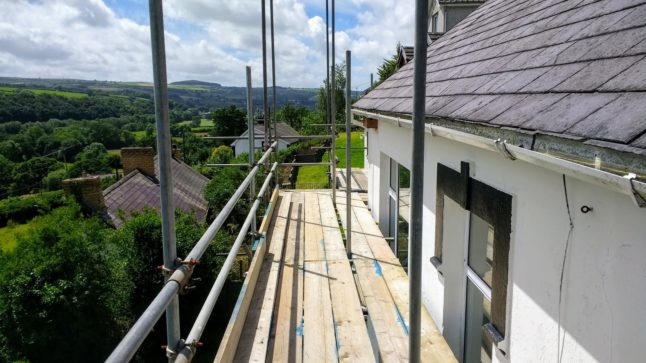
The risk to both companies and individuals has prompted criticism from various sectors, as jobs, futures and a continuing stock of energy inefficient houses hang in the balance.
READ ALSO: How to stay out of trouble when renovating your Italian property
“If the government wants the death of the superbonus, it should come and say so… knowing that it is telling companies to go bankrupt,” stated the president of the Productive Businesses Commission, Martina Nardi.
Earlier this month, the CNA (Confederazione Nazionale dell’Artigianato e della Piccola e Media Impresa), which represents Italian small business owners, said some 33,000 businesses are at risk of bankruptcy due to blockages.
Calls to unblock the credit transfer system and overcome the stalemate continue as impending deadlines cause increasing alarm and frustration.
Opening up the credit transfer system would allow construction companies to convert their credit into liquidity, that is, actual money, and thereby complete works already started.
The National Confederation of Craftsmen and Small and Medium Enterprises has spoken of difficulties on the part of “thousands of companies in the construction sector that are unable to transfer tax credits linked to bonuses for the redevelopment of buildings due to the freezing of the market”.
In other words, projects continue to face blockages until building companies can be sure that they’ll receive the money they were granted.
READ ALSO: The hidden costs of buying a home in Italy
In an open letter to Italy’s prime minister Mario Draghi, one architect described the situation as an “almost unprecedented liquidity crisis” that is pushing the country to “the brink of the deepest economic and social crisis ever seen and managed”.
“It has been two years of tribulation, this we can say today, that have turned genius into monstrosity due to the constant changes, corrections and adjustments that keep everyone in suspense,” wrote Daniele Menichini.
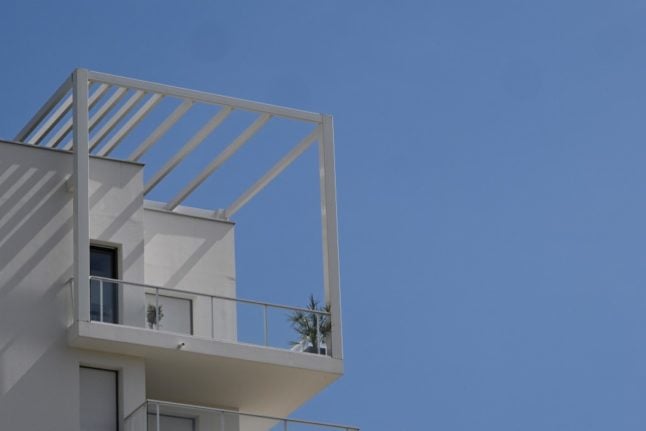
“The situation that is looming at this time is of uncertainty and insecurity, in which society will hit a wall because of the blocked credits and the blocking of all those projects that were about to start,” he added.
While the government has expressed no intention to refinance the scheme beyond 2022 for single family homes, a glimmer of hope remains via an opening up of credit in a further expected amendment to the superbonus.
READ ALSO:
- UPDATE: How Italy will extend its building ‘superbonus’
- How Italy’s building bonuses are delaying the restyle of one-euro homes
Easing the bottleneck would ensure that at least the projects that will meet the 2022 deadlines can be financed and completed.
To do this, the government is reportedly considering extending the ability to obtain credit to other parties besides banks, such as construction companies themselves. In doing so, it removes one extra bureaucratic hurdle and would unlock the current standstill due to many banks no longer buying credit.
The question of how the authorities will foot the bill for the already overrun budget still remains, with some reports suggesting an extra financial boost from the government will be needed until the end of 2022.
Possible alternatives include allowing firms to carry over their credit surpluses until next year, to overcome the obligation to offset the credit this year.
Meanwhile, those renovating certain types of buildings have until 2025 to claim state funds, with declining amounts available each year, but the future financing of which still isn’t clear.
The Local will continue to report updates as things change.
See more in our Italian property section.

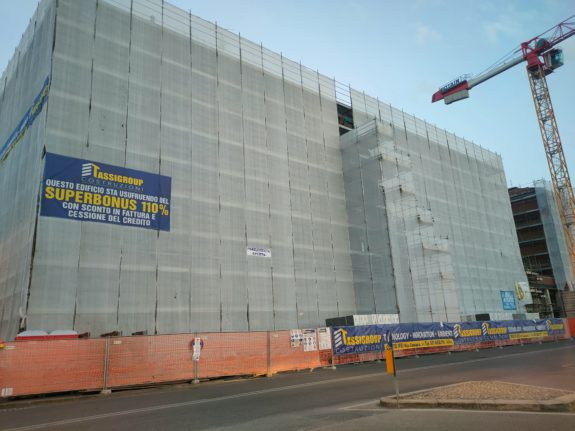
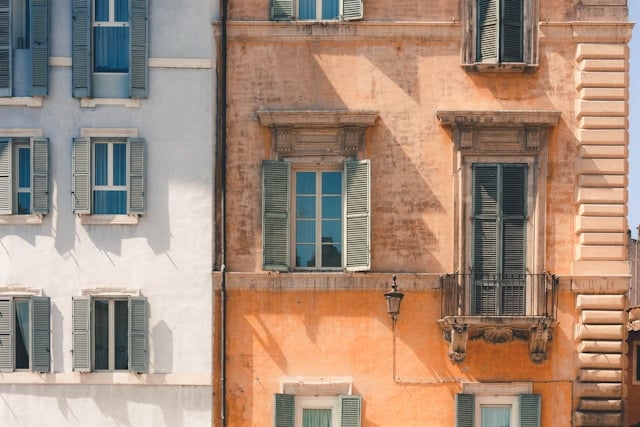
 Please whitelist us to continue reading.
Please whitelist us to continue reading.
Member comments